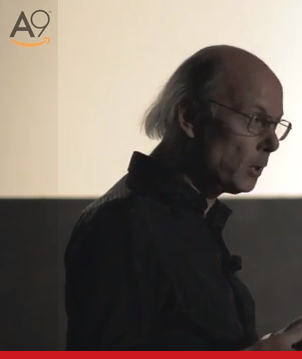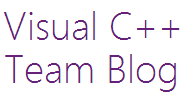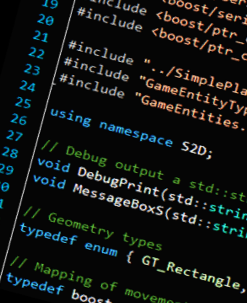Addresses and Nodes: Two Ways To Get Around -- Andrew Koenig
 Continuing Koenig's series on move semantics:
Continuing Koenig's series on move semantics:
Addresses and Nodes: Two Ways To Get Around
by Andrew Koenig
From the article:
Programs that avoid address arithmetic can also avoid moving data. The reason is that it is only arithmetic that really cares about where in memory an object is; in other circumstances, having a pointer to that memory is enough.

 The
The  Prof. Stroustrup spoke at A9 last week on "The Future is Here: C++11." The video is now available on YouTube:
Prof. Stroustrup spoke at A9 last week on "The Future is Here: C++11." The video is now available on YouTube: Danny Kalev wrote a nice article yesterday about a new C++ feature -- actually, two related C++14 features -- that were just added to the draft Standard in April and will be coming to real compilers in the near future.
Danny Kalev wrote a nice article yesterday about a new C++ feature -- actually, two related C++14 features -- that were just added to the draft Standard in April and will be coming to real compilers in the near future. We keep hearing about C++'s "as if" rule, but what does it really do? Fundamentally, it enables optimizations. A modern compiler never produces an executable that's identical to the program you actually wrote; it produces an equivalent program that's probably a lot better.
We keep hearing about C++'s "as if" rule, but what does it really do? Fundamentally, it enables optimizations. A modern compiler never produces an executable that's identical to the program you actually wrote; it produces an equivalent program that's probably a lot better. A nice piece of writing on a C++11 feature:
A nice piece of writing on a C++11 feature: Here is a nicely accessible description of synchronization in the C++ memory model:
Here is a nicely accessible description of synchronization in the C++ memory model: On CRTP with multi-level inheritance, cloning, and the constructor forwarding problem.
On CRTP with multi-level inheritance, cloning, and the constructor forwarding problem. Today on Dr. Dobb's:
Today on Dr. Dobb's: